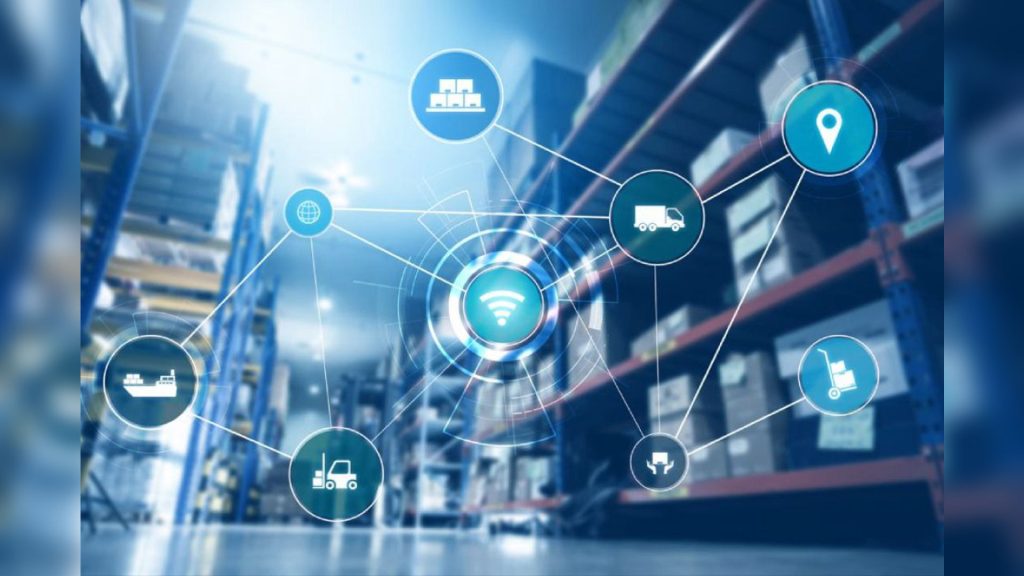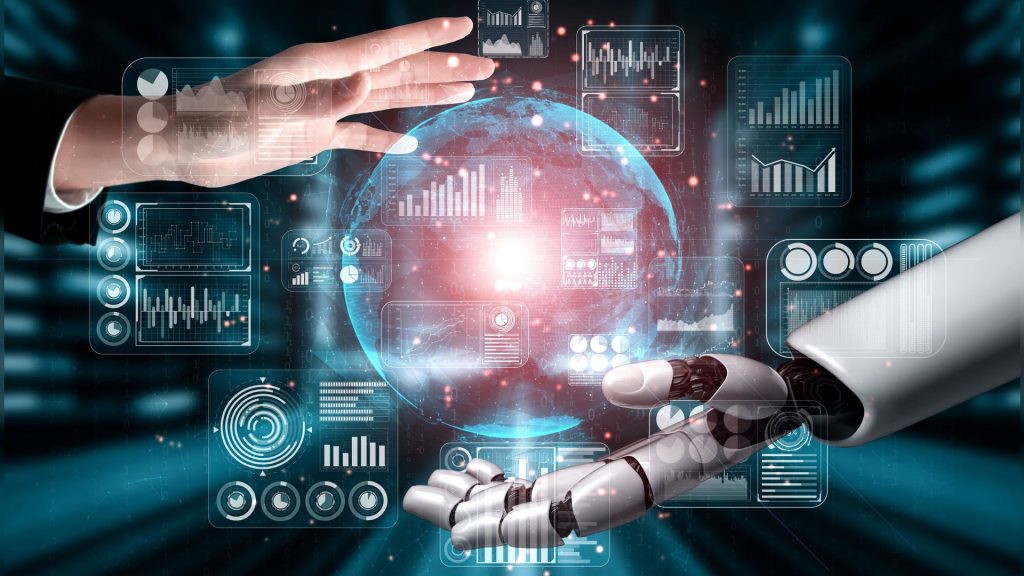In today’s fast-paced industrial landscape, the integration of artificial intelligence is no longer a futuristic concept; it’s a present-day reality, particularly in innovation-driven nations like Sweden and Denmark. These Nordic powerhouses are leading the charge, implementing groundbreaking solutions that are revolutionizing production processes.
But what exactly are these innovations, and how are they transforming the manufacturing sector? This article delves into 10 cutting-edge applications that are setting new industry standards in Sweden and Denmark.
1. Predictive Maintenance: Minimising Downtime with AI
Firstly, let’s explore predictive maintenance. One of the most significant applications of AI is its ability to predict equipment failures before they occur. By analysing sensor data and historical performance, algorithms can identify patterns that indicate potential breakdowns.
This proactive approach, as seen in companies like [Link to relevant Swedish/Danish company example], significantly reduces downtime and maintenance costs, ensuring smoother production lines.
2. Quality Control: AI-Powered Precision
Furthermore, quality control is being redefined. Traditional methods often rely on manual inspections, which are prone to human error. However, AI-powered vision systems can detect even the smallest defects with unparalleled accuracy. Consequently, Swedish and Danish manufacturers are using it to ensure consistently high-quality products, leading to increased customer satisfaction.
3. Robotics and Automation: The AI Revolution
Moreover, robotics and automation are crucial components of modern manufacturing. AI-driven robots are capable of performing complex tasks with precision and efficiency. In Sweden and Denmark, companies are utilising collaborative robots (cobots) that work alongside human operators, enhancing productivity and safety.
For instance, [Link to relevant robotic/automation example] shows how AI is making these processes smarter and more adaptable.
4. Supply Chain Optimisation: Smart Logistics with AI

In addition, supply chain management is being transformed. By analysing vast amounts of data, algorithms can optimise logistics, predict demand, and streamline inventory management. This ensures that materials and products are delivered efficiently, reducing costs and delays.
5. Energy Efficiency: Sustainable Manufacturing with AI
Additionally, sustainability is a growing concern for manufacturers. AI plays a vital role in optimising energy consumption by analysing production data and identifying areas for improvement. Companies in Sweden and Denmark are implementing AI-driven energy management systems to reduce their environmental footprint.
6. Customisation and Personalisation: AI’s Role in Flexible Production
Furthermore, the demand for personalised products is increasing. AI enables manufacturers to offer customised solutions by adapting production lines to individual customer needs. This flexibility is a key advantage in today’s competitive market, allowing businesses to cater to niche segments effectively.
7. Digital Twins: Virtual Manufacturing with AI
Moreover, digital twins are virtual replicas of physical manufacturing systems. AI algorithms can simulate various scenarios, allowing companies to optimise processes and predict outcomes without disrupting actual production. This technology is being adopted by leading manufacturers in Sweden and Denmark to enhance efficiency and innovation.
8. Human-Machine Collaboration: Enhancing Workforce Capabilities

In addition, AI is not replacing human workers; it’s enhancing their capabilities. AI-powered tools and systems provide workers with real-time information and support, enabling them to make better decisions and perform tasks more efficiently. This collaborative approach is fostering a more productive and engaged workforce.
9. AI-Driven Design and Development: Accelerating Innovation
Furthermore, AI is accelerating the design and development of new products. By analysing vast datasets, algorithms can generate innovative design concepts and optimise product performance. This is particularly relevant in industries like automotive and aerospace, where rapid innovation is essential.
10. Data Analytics and Insights: Making Informed Decisions
Finally, data analytics is at the heart of modern manufacturing. By collecting and analysing data from various sources, manufacturers can gain valuable insights into their operations. AI-powered dashboards and reports provide real-time information, enabling managers to make informed decisions and optimise performance.
The Future of Manufacturing is AI-Driven
In conclusion, the integration of artificial intelligence is transforming the industrial landscape in Sweden and Denmark. These 10 cutting-edge innovations are driving efficiency, sustainability, and innovation, positioning these Nordic nations as leaders in the global manufacturing sector. As AI technology continues to evolve, we can expect even more groundbreaking applications that will further revolutionize the industry.
This shift towards AI-driven manufacturing is not just a trend; it’s a fundamental change that will shape the future of industrial practices. For businesses seeking to navigate and leverage these transformative technologies, resources like DevCentre House (https://www.devcentrehouse.eu/en/) offer valuable insights and expertise, aiding in the successful adoption and implementation of AI solutions within the manufacturing sector.



